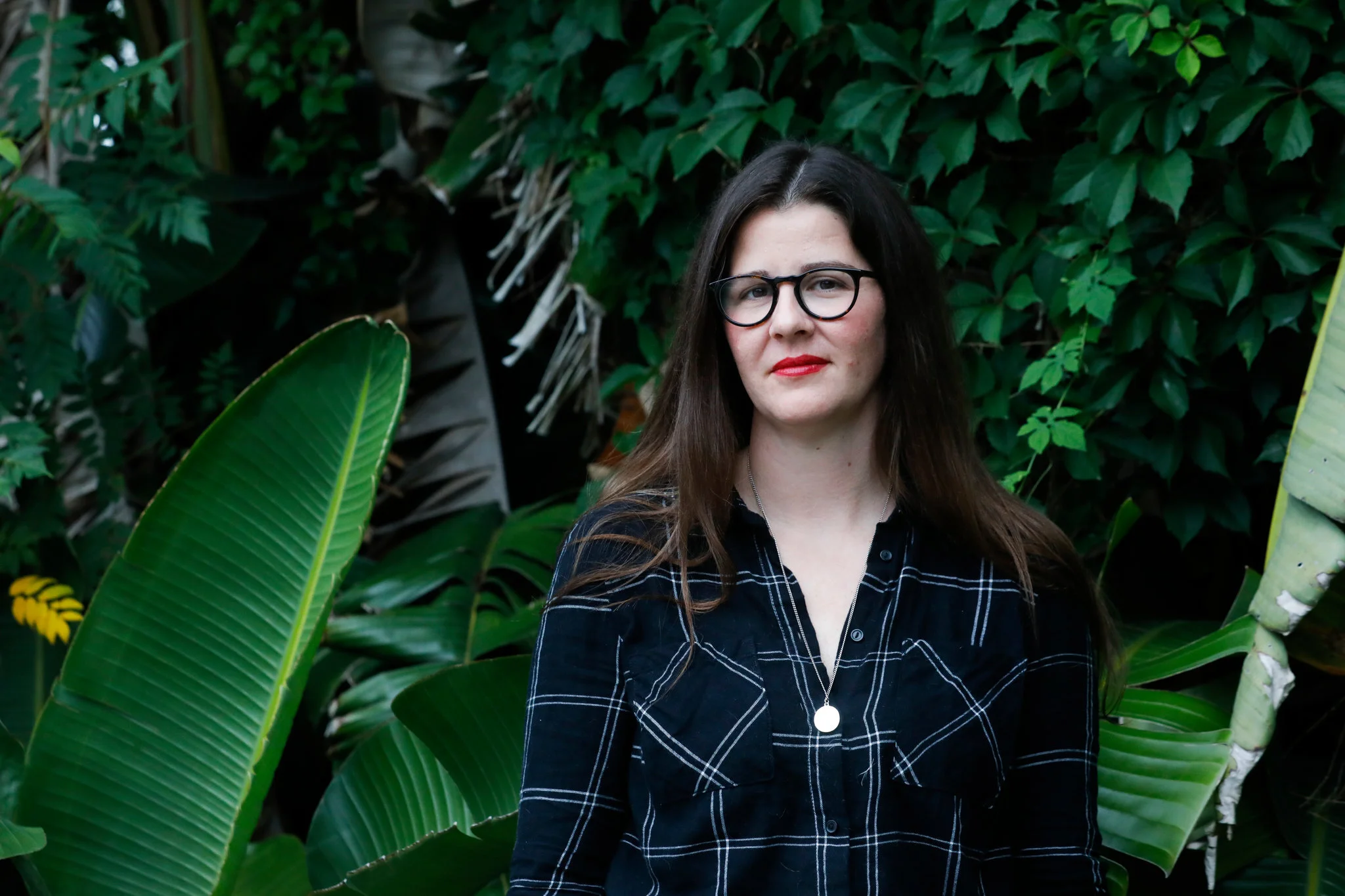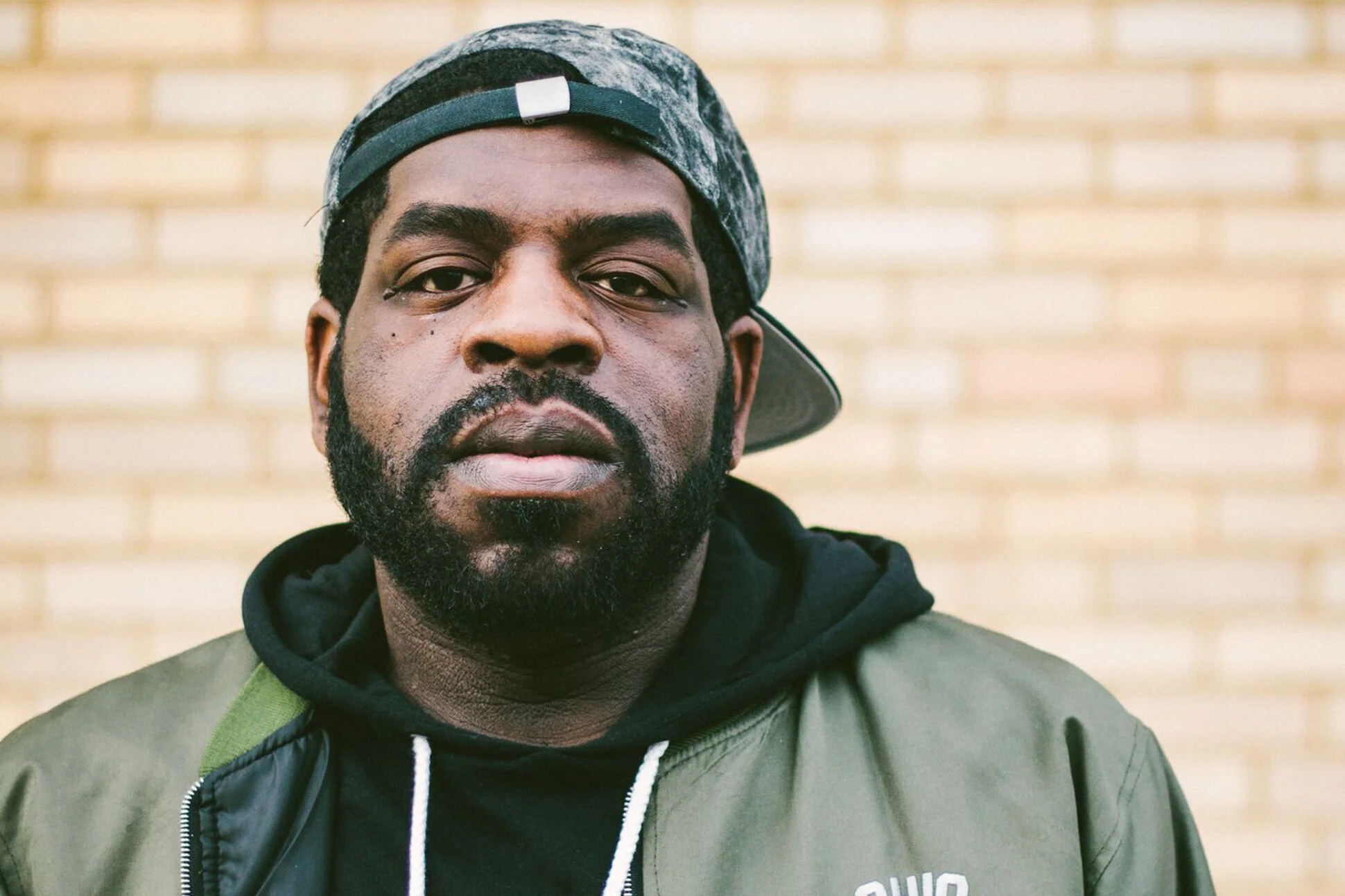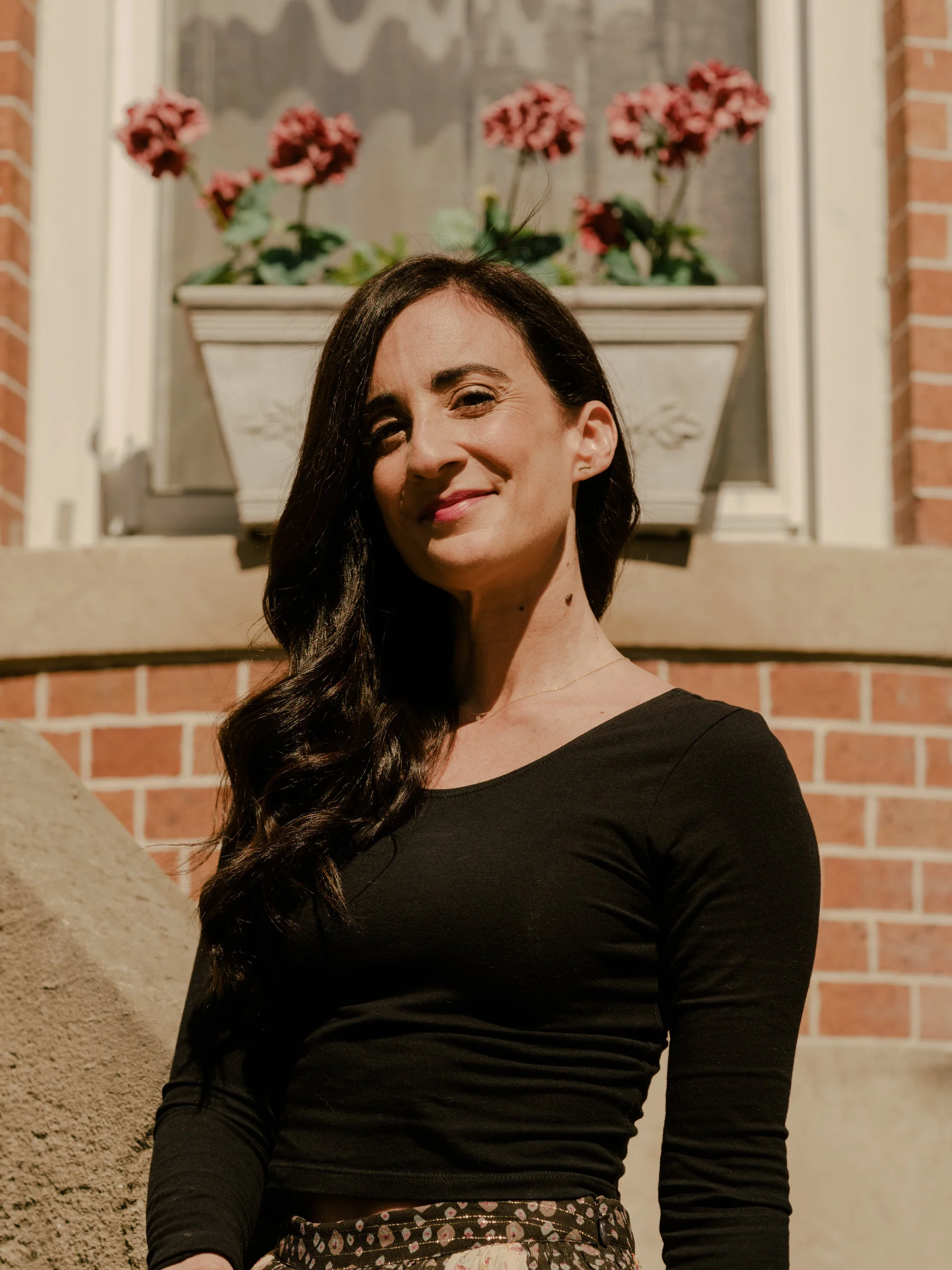Past Episodes:
Jericho Brown on Where Love and Violence Intersect
“My poems arrive at these moments and because they arrive at these moments I realize I have to live like the poems. I want to live like the work I’m making.”
Mattilda Bernstein Sycamore on Pain & Embodiment
“The text is the most successful embodiment. That is where I have succeeded. That text could not have happened if I didn’t go on this search, and if I wasn’t present in all that vulnerability.”
Patrick Cottrell on Adoption & Transformation
“I decided I wanted to teach a class on Asian American fiction. I did not have the typical experience of my parents being immigrants, or their parents being immigrants. But I thought, well why can’t I teach this? As an adoptee, this is part of the Asian American experience.”
Kristen Arnett on the Alarming Luxury of Becoming a Full-Time Writer
My house had never been cleaner. I was like “I’m going to weedwack!” I’ve never weedwacked anything in my life.
Donika Kelly on Leaving Home Behind
“I crossed into a space where my life was no longer defined by my parents and what they needed from me. And that gave me time and space to begin this journey of figuring out what I needed.”
Hilary Leichter on Living in Discombobulated Wonder
“I don’t know if I could have written it in a way that wasn’t absurd, because absurdity felt like the most natural and truthful way of being.”
C Pam Zhang on Looking For Home
“After I gained citizenship, it was just this constant vibrational confusion that I held within me about, what do I claim as my culture? Who do I claim affinity to? How can I ever reconcile these questions?”
Rachel Kushner on The Unreliability of Memory
“Your life is not just a series of present tenses ordered as integers in a great scroll. Everything behind you in the scroll is part of your present tense, and you don’t want to forsake it. You want to honor all of it.”
Hanif Abdurraqib on Practicing Discipline & Delight
“Most of the things that take me to writing are things I don’t talk about publicly or things I don’t share publicly. I need to keep those as my own, I need to keep those close to me so that I might still feel good about them.”
Ahmed Naji on Living in Exile
“When I ended up at the prison because of my novel… You start to ask yourself. Is it worth it? I mean writing. Is it worth it? To be here, in prison, for a year or more?”
Aimee Nezhukumatathil on Naming the World
“Not only knowing their names but getting them right is a duty toward every living thing on this planet. Have the decency to know what’s around you.”
Jordan Kisner on Waiting, Chameleons & Tiny Gross Heroes Carrying On
We flipped the script! Lydia Millet interviews Jordan Kisner about waiting, chameleons, and thresholds to celebrate the paperback release of Thin Places.
Fariha Roísín on Choosing Not to Assimilate
“Why am I trying to be a part of a canon that literally does not even understand me?”
Melissa Febos on Untangling Girlhood
“That’s when I realized, “Oh this is the project of the book. I’m remaking my consciousness. This isn’t what I signed up for.” And of course it is— I’m the one holding the clipboard. But this is not what I thought it was going to be.”
Marie-Helene Bertino on Embracing Multiple Selves
“Injury doesn’t always show up the way you think it will. Family doesn’t manifest or show up the way you think it will— in my life, it hasn’t.”
Esmé Weijun Wang on Writing in An Unexpected Shape
“I think that writers could feel much less lonely in what is already a fairly lonely vocation, if there were more conversations about this.”
Lynn Steger Strong on Leaving the Art Monster
“Life is lived on the ground, and mostly it doesn’t make sense, and mostly it’s messy, and mostly it’s mundane. I want to hold something of life inside of the things that I make.”
Fernanda Melchor on Reconciling Violence
“I think it has helped to talk about these things. To— to make peace with it. To make amends with it.”
Lydia Millet on Risking Earnestness
“It’s not that I don’t ever write harshly now, or ever use humor. But I always want first to love something— in the world and in my work. I wish first to love something.”
Ross Gay on Staring Sadness in the Face
“I realized, Oh, I would do anything to get out of sadness. Whether it be turning to rage, or turning to paranoia, or anything else. Any kind of distraction.”




















